India’s external affairs minister Jaishankar to attend US President-elect Trump’s inauguration
India’s External Affairs Minister Jaishankar to Attend US President-Elect Trump’s Inauguration: What This Means for India-US Relations
In a significant diplomatic move, India’s External Affairs Minister, Dr. S. Jaishankar, is set to attend the inauguration of Donald Trump as the 45th President of the United States on January 20. This marks an important step in India’s engagement with the incoming Trump administration and reflects the strengthening ties between the two countries. While Jaishankar’s attendance at the ceremony is a symbolic gesture, it also signals a commitment to maintaining and potentially expanding the strategic relationship between India and the US.
This article will explore the significance of Jaishankar’s participation, what it means for India-US relations, and how the transition in US leadership could impact key areas of bilateral cooperation, including trade, defense, and regional security.
Dr. S. Jaishankar’s Role in Indian Diplomacy
Dr. S. Jaishankar, a career diplomat, has served as India’s External Affairs Minister since May 2019. Prior to his current role, Jaishankar held several key diplomatic positions, including India’s Ambassador to the United States from 2013 to 2015. His extensive experience in foreign relations, particularly with the US, makes him a fitting representative for India at Trump’s inauguration.
Jaishankar has played a pivotal role in shaping India’s foreign policy, strengthening the country’s position on the global stage. His diplomatic efforts have focused on expanding India’s ties with key partners, including the United States, and navigating complex geopolitical issues. By attending the inauguration of President-elect Trump, Jaishankar is not only participating in a major international event but also positioning India as a willing partner in engaging with the new US administration.
The Significance of India’s Representation at Trump’s Inauguration
Jaishankar’s decision to attend the inauguration is a clear signal of India’s intention to maintain strong ties with the United States, even as Trump’s policies remain uncertain. In past years, the inauguration of a new US president has typically seen high-level representation from various countries. India’s participation is seen as an important diplomatic gesture, reinforcing the importance of bilateral ties with the US.
Additionally, Jaishankar’s presence highlights India’s interest in fostering a productive relationship with the new leadership in Washington. While the Trump administration’s policies are expected to diverge in certain areas from those of previous administrations, India is keen to ensure that the strategic partnership between the two countries remains a priority. By sending its top diplomat to the inauguration, India aims to demonstrate its commitment to continuing the work begun under the Obama administration while seeking to address any challenges posed by the Trump presidency.
The Growing India-US Strategic Partnership
Over the past two decades, India and the United States have built a strong and multifaceted partnership, spanning trade, defense, technology, and regional security. The relationship has evolved from one of skepticism during the Cold War to a comprehensive strategic partnership in recent years. As Jaishankar attends Trump’s inauguration, it is important to consider the trajectory of the India-US relationship and the areas where both countries are likely to collaborate under the new president.
- Defense and Security Cooperation: One of the most robust areas of India-US collaboration has been defense and security. The two countries have increased military cooperation in recent years, conducting joint military exercises and deepening intelligence-sharing partnerships. India is also a key player in the Indo-Pacific region, where the US has strategic interests. Under Trump, the US is expected to continue its “Indo-Pacific strategy,” which aims to counter China’s growing influence in the region. India, as a strategic partner in the region, will likely continue to play a central role in these efforts. Jaishankar’s attendance underscores India’s commitment to strengthening its defense ties with the US.
- Trade and Economic Relations: The economic relationship between India and the US has flourished over the past few decades, with both countries benefiting from trade, investment, and the exchange of technology. The Trump administration has signaled a focus on “America First” policies, which could potentially affect trade relations with India, particularly in areas like outsourcing and trade imbalances. Despite potential challenges, India is expected to engage with the Trump administration to ensure that economic cooperation continues to grow. Jaishankar’s attendance at the inauguration may provide an opportunity for India to reaffirm its role as a key economic partner for the US in the Indo-Pacific region.
- Climate Change and Global Cooperation: The Trump administration has indicated a shift away from global climate agreements, notably withdrawing from the Paris Agreement. However, India has been a vocal proponent of climate action and clean energy, and the country’s cooperation with the US on environmental issues is crucial for global progress. While differences on climate policy may arise, India and the US have common ground in areas like clean energy technology and disaster management. Jaishankar’s visit signals that India is open to continued cooperation on these global challenges, regardless of policy shifts in Washington.
- Counterterrorism and Regional Stability: The US and India have shared concerns about terrorism and the security of their respective regions. India has long faced security challenges from cross-border terrorism, particularly from Pakistan, and has sought increased US support in counterterrorism efforts. Under Trump, the US is likely to continue prioritizing counterterrorism cooperation with India, particularly in the context of Afghanistan and South Asia. Jaishankar’s presence at the inauguration reflects the importance of ongoing collaboration on regional stability and security issues.
How the Trump Presidency May Affect India-US Relations
While Jaishankar’s participation at Trump’s inauguration is a positive sign for India-US relations, there are several factors that could shape the future of this partnership under the new administration.
- Trade Policy and Tariffs: One of the key concerns for India is the possibility of trade protectionism under Trump’s “America First” agenda. Trump has indicated a desire to renegotiate trade deals and impose tariffs on countries with trade surpluses with the US, including India. This could lead to tensions, particularly in areas like IT services and pharmaceuticals, where India has a significant presence in the US market. However, India has also positioned itself as a strategic partner in the Indo-Pacific region, and trade negotiations may reflect broader geopolitical concerns.
- Immigration Policies: Another area of concern for India is Trump’s stance on immigration, particularly regarding H-1B visas. A significant number of Indian professionals work in the US under this visa program, particularly in the tech industry. If the Trump administration moves to limit H-1B visas, it could have economic implications for both countries. India will likely seek to engage with the new administration to address these concerns while continuing to contribute to the US economy through skilled labor and technology partnerships.
- China and Regional Security: China’s growing influence in the Indo-Pacific region is a shared concern for both India and the US. The Trump administration is likely to continue its efforts to counter China’s strategic ambitions, and India’s role in this effort will be crucial. The two countries may find common ground in pushing back against China’s expansion in the South China Sea and its Belt and Road Initiative. Jaishankar’s visit signals that India is ready to play a more active role in these regional security dynamics under Trump.
In Conclusion
Dr. S. Jaishankar’s attendance at Donald Trump’s inauguration is an important diplomatic gesture that reflects India’s commitment to maintaining a strong and productive relationship with the United States under the new administration. As the US transitions to a leadership under Trump, India will continue to navigate both the challenges and opportunities that come with this new chapter in global politics. The bilateral partnership between India and the US is likely to evolve, with cooperation on defense, trade, climate change, and regional security remaining key pillars of the relationship. Jaishankar’s role in this transition underscores the significance of diplomacy in shaping the future of India-US ties, and his presence at the inauguration is just the beginning of what promises to be a critical period for both countries.
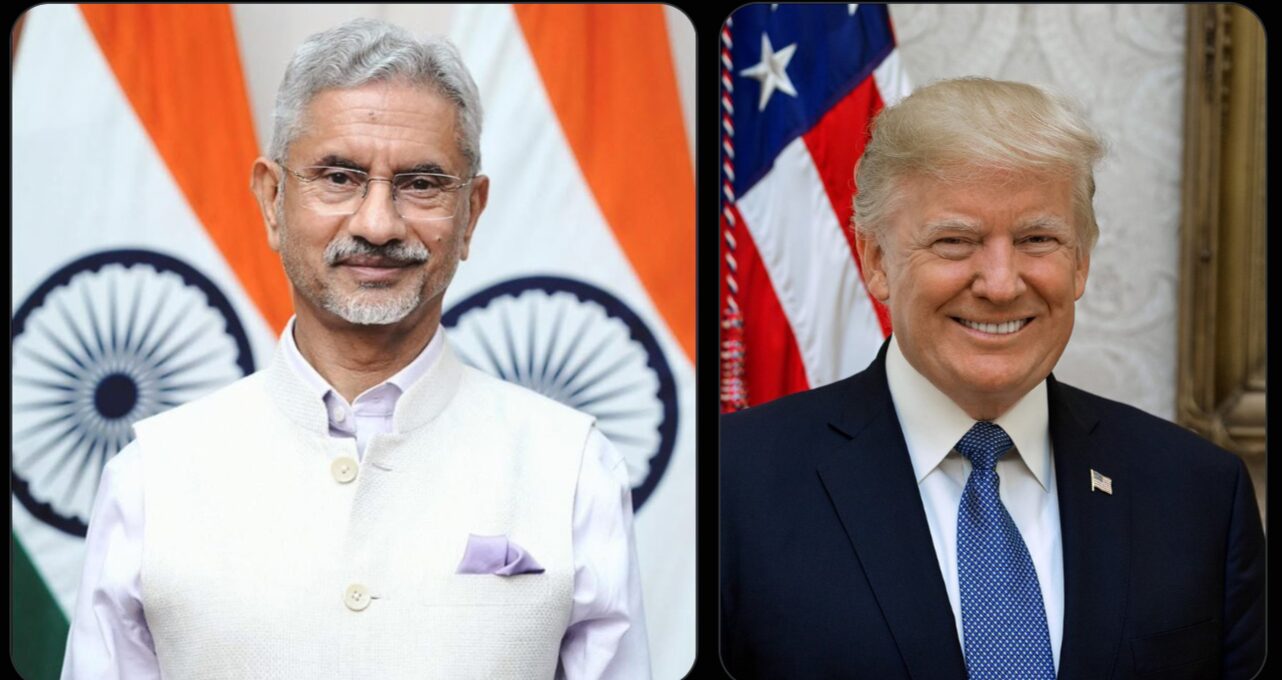
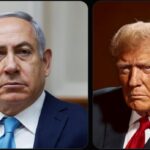

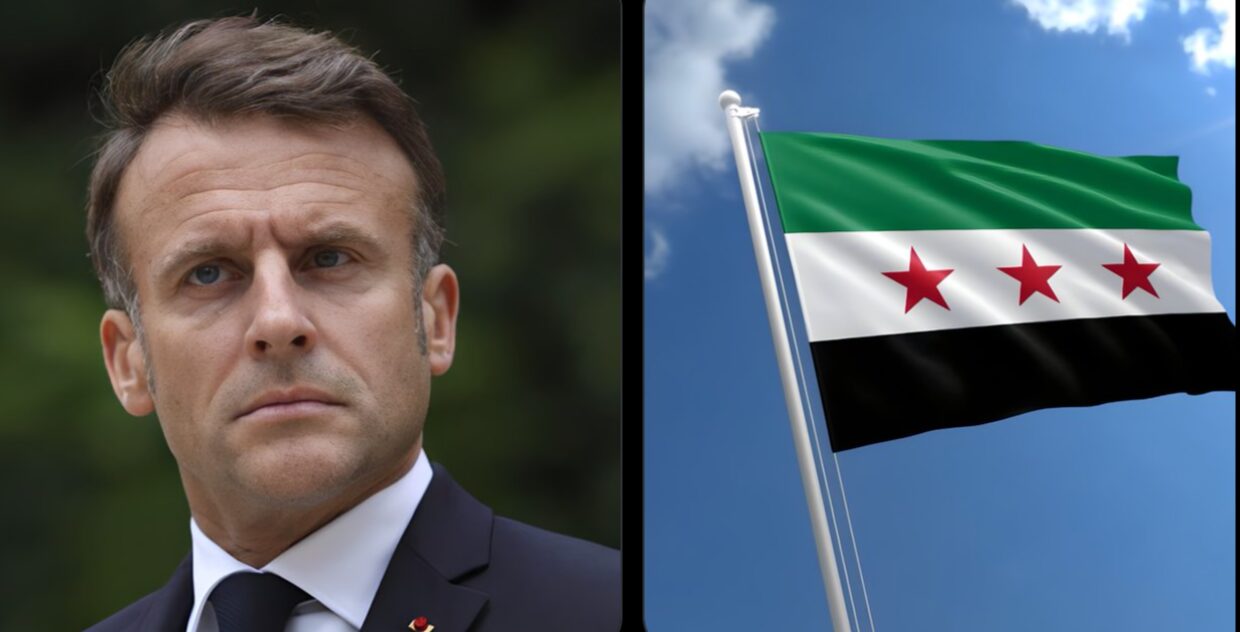

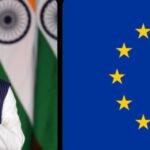
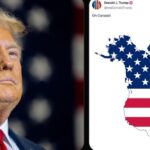
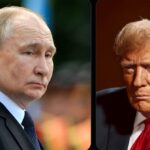
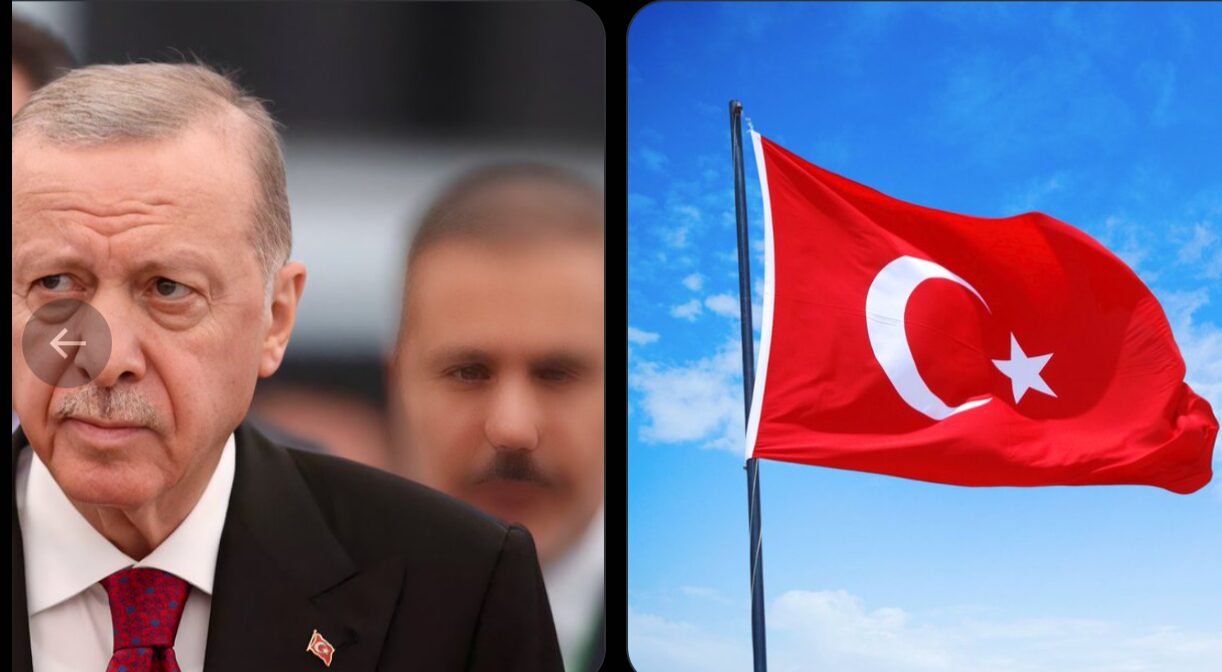








Post Comment